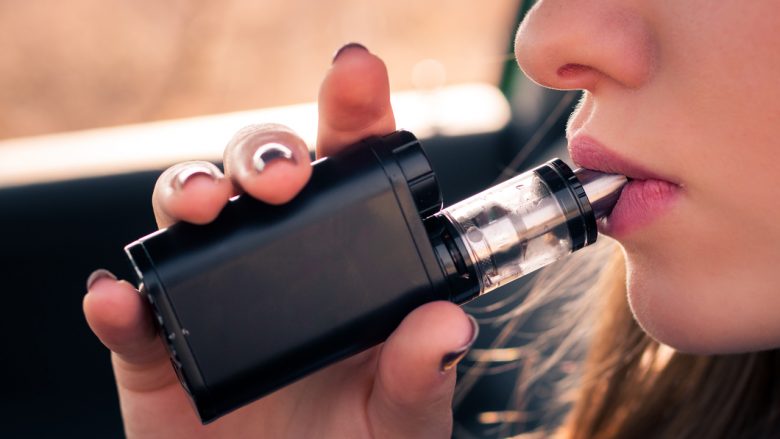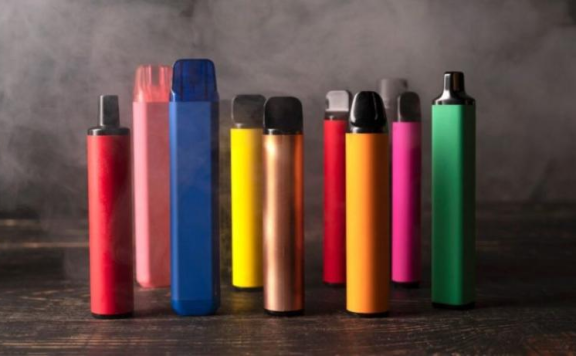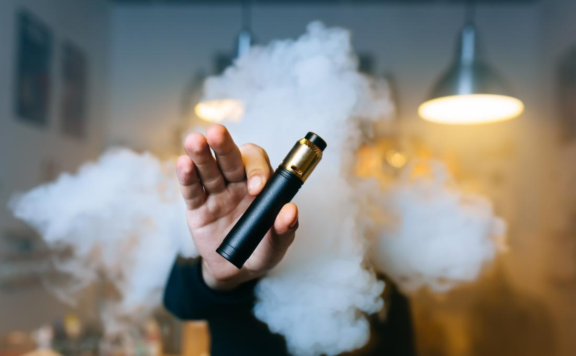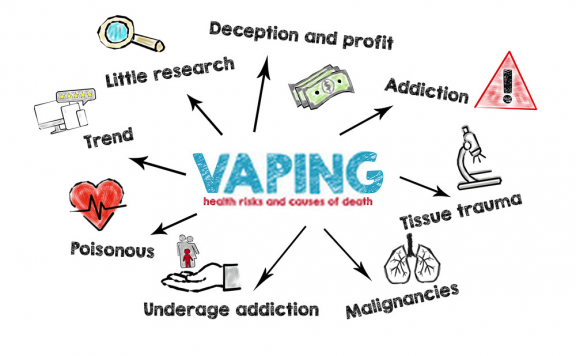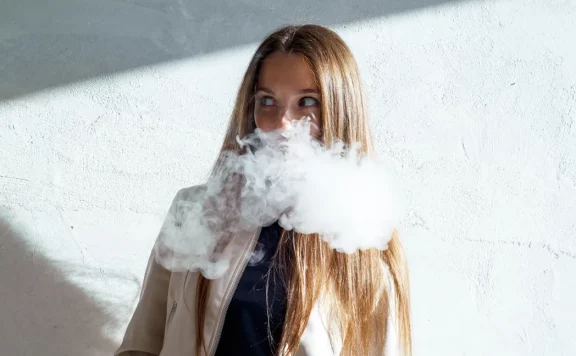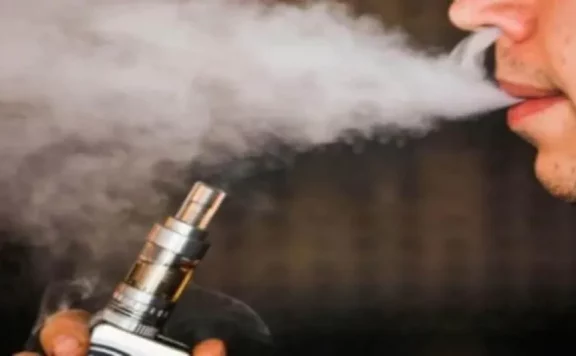Teen vaping is slowly becoming a problem in Nova Scotia. To help solve the problem the Lung Association of Nova Scotia has now teamed up with the students of the UPEI’s Faculty of Nursing to educate teens in the province on the dangers of vaping.
The nursing students and the experts from the association toured 19 schools in the province this fall to talk to middle school kids about the risks associated with e-cigarettes. They spoke to grade 7 students about the problems that taking up vaping may bring to the kids.
According to the Lung Association of Nova Scotia’s director of operations, Julia Hartley the aim of this initiative is to help prevent the youth from pickup vaping as a habit. She says that according to a recent Lung Association Study, the average age for Nova Scotia to start vaping is 151/2. It is based on these findings that the association teamed up with nursing students to target younger teens before they started to vape.
Hartley further revealed that a recent study carried out by the Lung Association in 2018 found that 40% of Nova Scotia teens between grades 7 and 12 had vaped within the last 30 days of the study. But vaping is not the only problem she is worried about. She says that Nova Scotia also has the largest number of youth smokers in the country.
She believes that there is a direct connection between high levels of vaping and smoking. A 2018 Canadian Student Tobacco, Alcohol and Drugs Survey showered that 16% of Nova scotia teens smoke. This is about twice the national average.
According to Alyssa Cahill, a former nova scotia high school student and a current fourth-year nursing student who was part of the team visiting schools, the province has taken a turn for the worst. She says that when she was in high school vaping was not rampant as it is today although some of her classmates began to vape at some point.
She believes that the major problem today is that many teens believe that they can vape during the weekends or at some odd hours and it will not be a problem for them. This is not true because some vape products contain higher levels of nicotine which is very addictive. Using these products a few times soon turns one into an addict who now vapes regularly.
During the group visit to schools, they held in-class sessions where they discussed the chemicals found in vaping products and their long-term impact on the health of users. According, to Hartley, while the long-term impact of vaping is not yet clear, smoking provides sufficient evidence as to what vaping products could do as they contain many similar chemicals.
The team hopes that these sessions with students will stop many from trying vaping. Already 76% of the students who took part in class sessions promised not to try vaping. 85% of the participants said that they now had a better understanding of vaping products and are likely to make better decisions. This is the kind of results that the organizers of the program had hoped for. According to Hartley, the lung association will look into having more sessions with school children in future if they get more funding.

